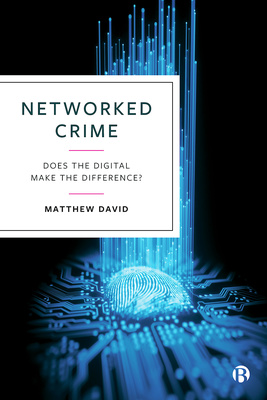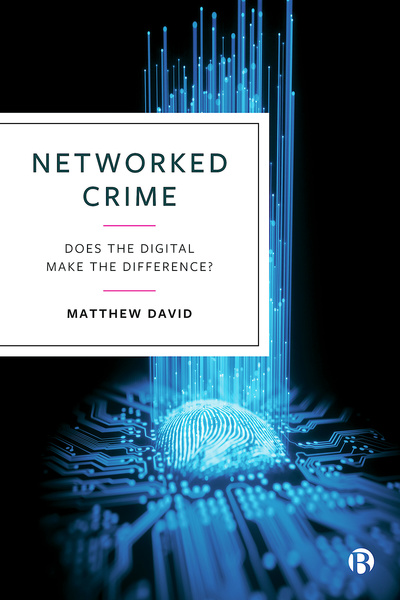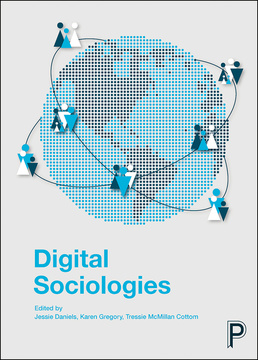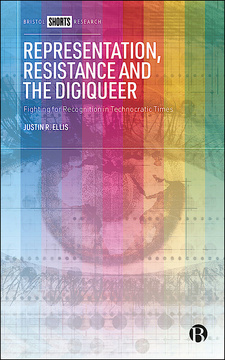Published
Jul 17, 2023Page count
238 pagesISBN
978-1529218114Imprint
Bristol University PressPublished
Jul 17, 2023Page count
238 pagesISBN
978-1529218107Dimensions
234 x 156 mmImprint
Bristol University PressPublished
Jul 17, 2023Page count
238 pagesISBN
978-1529218121Imprint
Bristol University PressPublished
Jul 17, 2023Page count
238 pagesISBN
978-1529218121Imprint
Bristol University PressDo digital networks make a difference to the scope, scale and severity of social harm? Considering four distinct digital affordances for crime (access, concealment, evasion and incitement) this book asks whether they are simply new packaging for old problems, with no greater effect on society overall – or is cyberculture significantly escalating illegality?
Matthew David gives fresh insights into online harms and behaviours in the fields of hate, obscenity, corruptions of citizenship and appropriation, offering a comprehensive and integrated approach for those both new and experienced in the field of cybercrime.
“An original and rigorous answer to one of the key questions which has vexed academics and policy makers over the years: does the digital make a difference to networked crimes?” Audrey Guinchard, University of Essex
“A cogent and sophisticated exploration of how digital networks facilitate harmful behaviours.... important reading for students and scholars seeking to understand online crimes.” Majid Yar, Lancaster University
"This book not only shows that digital networks make a difference to social harm, but very usefully explains how and why they do." David S. Wall, University of Leeds
Matthew David is Associate Professor of Sociology at the University of Durham. He is author of Science in Society, Peer to Peer and the Music Industry, Owning the World of Ideas (with Debbie Halbert), and Sharing: Crime Against Capitalism.
1. Introduction
Part I: Hate
2. Terrorism and Hate Crime: From the Long Fuse to Hate Speech
3. Bullying, Stalking and Trolling
Part II: Obscenity
4. Pornography and Violent Video Games
5. Child Abuse Imagery, Abuse and Grooming
Part III: Corruptions of Citizenship
6. Privacy, Surveillance, Whistleblowers and Hacktivism
7. Fake News, Echo Chambers and Citizen Journalism
Part IV: Appropriation
8. Fraud, Extortion and Identity Theft
9. Sharing Software, Music and Visual Content
10. Conclusions












